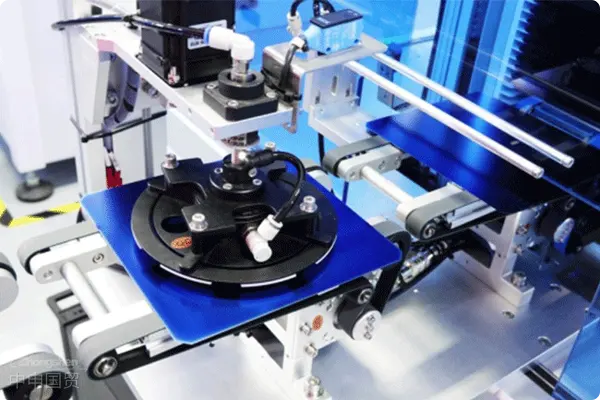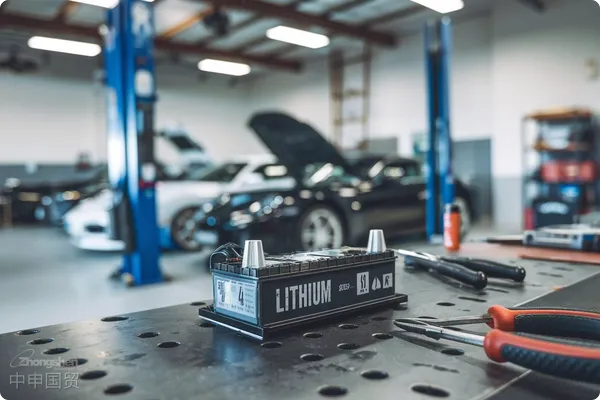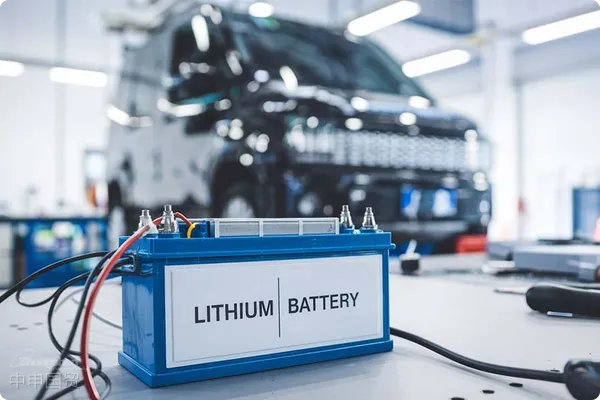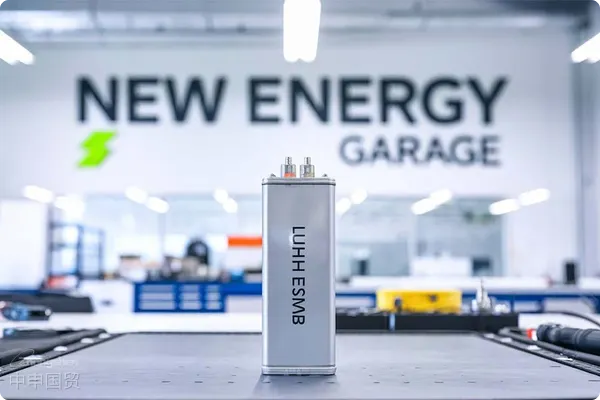- Shanghai Zhongshen International Trade Co., Ltd. - Two decades of trade agency expertise.
- Service Hotline: 139 1787 2118
Recently, PV Tech reported on FrancesolarphotovoltaicManufacturing startup Carbon has conducted in-depth interviews, focusing on its expansion plans, integration into the European R&D ecosystem, and strategies for rebalancing the EU solar supply chain, among other aspects.
Since emerging in mid-2022, Carbon has become a rising star in Europes solar manufacturing sector, proposing a series of ambitious plans, including producing 5GW of solar cells in France by 2027 and reaching a capacity target of 20GW by the end of the decade. To achieve this, the company plans to establish a fully non-Chinese, integrated, and sustainable enterprise in southern France, sourcing traceable polysilicon and selling part of its cell capacity to other like-minded European companies.

Regarding its technology roadmap, Carbon stated it will focus on TOPCon and TBC technologies in the short term and sees great potential in tandem cell technology for the future. TOPCon technology has become the dominant choice for many large solar manufacturers globally over the next two years due to its relatively simple retrofitting of PERC capacity and its balance of price and power output.
To strengthen its position in the European R&D ecosystem, Carbon has committed to investing 3% of its annual revenue (approximately €40-45 million) into R&D and supporting its research partners, including the French National Solar Energy Institute, the French Alternative Energies and Atomic Energy Commission, and Germanys ISC Konstanz International Solar Center.
In response to the impact of low-cost modules, Carbon explicitly supports Europes R&D ecosystem and long-term regional development, planning to have 1.2GW of TBC capacity in the initial phase of its gigafactory. Additionally, the company aims to develop disruptive technologies, such as perovskite tandem cells, to enhance its market competitiveness.
Regarding European market regulation and module inventory issues, as module prices fall and concerns grow about the viability of European manufacturers, the EU is reviewing a legal proposal to ban products made with forced labor from the market.import and exportThe impact of this regulation remains to be seen, but there are increasing calls for intervention and proactive measures to protect the EU market from the impact of Chinese photovoltaic manufacturers.
For future challenges, Carbon has proposed a three-pronged solution: firmly stopping dumping practices, establishing a regulatory framework that reserves space for local products, and providing financial support. The company calls for sending a clear message to investors that Europes solar industry is worth investing in, with broad market prospects and significant profit potential.
Related Recommendations
Category case
Contact Us
Email: service@sh-zhongshen.com
Related Recommendations
Contact via WeChat

? 2025. All Rights Reserved. Shanghai ICP No. 2023007705-2  PSB Record: Shanghai No.31011502009912
PSB Record: Shanghai No.31011502009912








